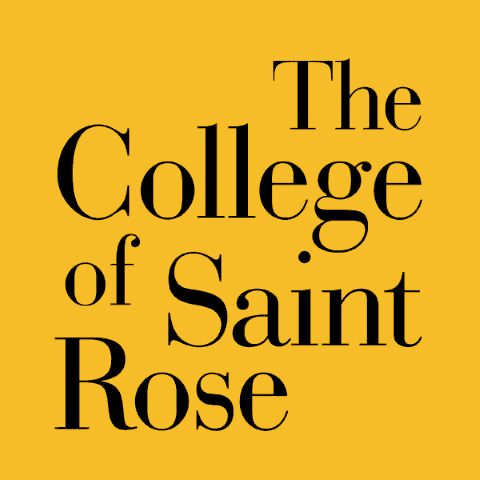I tend to identify personal academic heroes that I use for inspiration. They’re scholars that I find to be particularly passionate, knowledgeable, accomplished or unusual. When I’m thirty pages into some dry reading, or staring at blank screen trying to figure out how to start a paper, I invoke their robust examples as a reminder of the value of persistence in study. Here’s a clip of my current academic hero:
I’m pretty sure I’m not the first person to become a fan of Professor Daniel N. Robinson (in the clip above, the content of which isn’t really germane to my blog post, he’s discussing bioethics and the case of Terry Schaivo), who lectures in philosophy at Oxford and is Professor Emeritus at Georgetown. He’s something of a public intellectual (if we have those in the United States). I first encountered him through a lecture series I bought from The Teaching Company on Consciousness and Its Implications. One of things that immediately interested me about him was that he had other lectures available on the history of philosophy, the history of psychology, ancient Greek thought, and the philosophical foundations of American government; that is, he had things to say about a remarkably wide-range of topics, where most of the other professors seemed to stick to relatively narrow specialties. Here was a person, it seemed to me, who took up any subject that interested him and didn’t just dabble, but rather studied it to the point where he could present a course of lectures on the subject. I’m interested in a variety of subjects too. My interest usually takes me as far as buying a book on Amazon and then reading halfway through the preface before I become distracted and move on. My shelves are full and I have little to show for it. So maybe it was the depth, as well as the breadth of Robinson’s knowledge that intrigued me. It reflects a degree of mental discipline I can’t seem to muster.
Having listened to a few of his lecture courses at this point and having consulted several of his books, I can testify that the breadth of this guy’s reading is staggering. I can only assume that there were entire decades in his earlier life when he didn’t sleep at all. Interestingly, in all the diverse topics he discusses, I’ve noticed that he continually draws connections to certain figures and themes, even going so far as to make the same point or employ the same anecdote, in quite different contexts. He’s a fan of Aristotle, for example, but also lesser known thinkers like the 18th century Scottish philosopher Thomas Reid.
So why the repetition? Something tells me that it’s not a matter of him recycling material for lack of new ideas. Rather it seems to me that the method by which Robinson is able to marshal such a vast array of knowledge on a wide range of subjects is through the connecting threads of these recurring ideas and figures. It’s a way of creating meaningful organization out of an almost overwhelming expanse of information. Having nearly completed a course on theories of learning, I can tell you that there are learning principles that would lend credence to this explanation, though I have neither the space nor the skill to trace them here. In any case, my larger point is this: you have to start somewhere. I think that they way to develop expertise in many subjects is to start by developing expertise in one subject. You need a center to start from. Robinson’s training was originally in neuropsychology.
One of the espoused values of a liberal education is said to be a well-rounded exposure to diverse topics but, to my mind, it’s just as important, if not more so, that you start to really sink your teeth into one subject. I think that’s what we should be trying to do in our undergraduate and graduate work. The depth of understanding you develop in that subject will stand you in good stead for a life of further exploration. That’s just my guess anyway. It seems to be working for Daniel Robinson.
Anyone else have heroes academic or otherwise?



Comments posted on this site are held in moderation until approved by a site administrator. Vulgar, profane, obscene, offensive terms or personal attacks will not be tolerated.